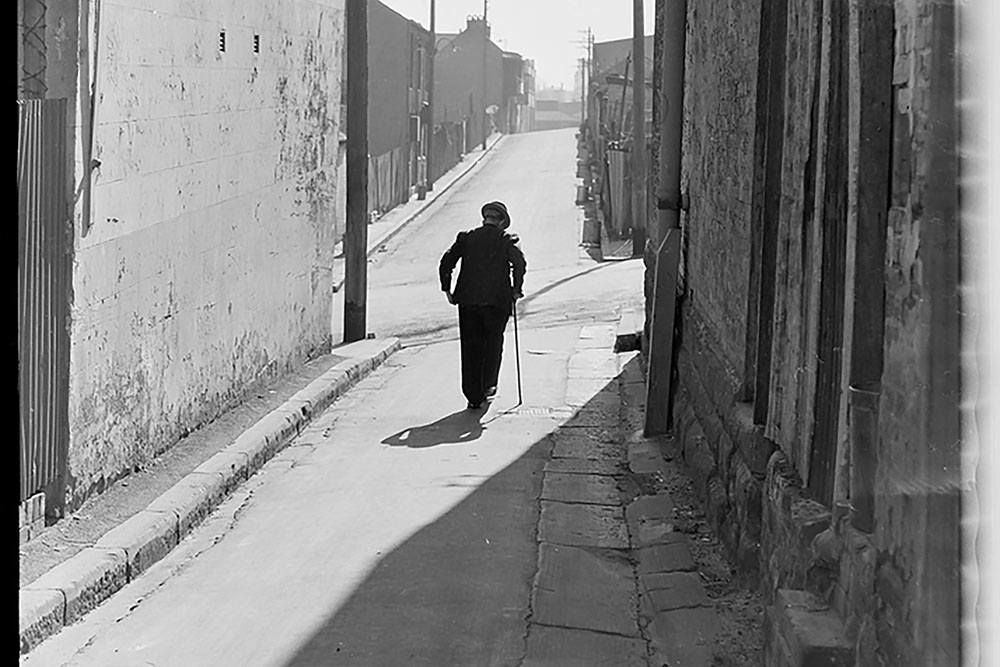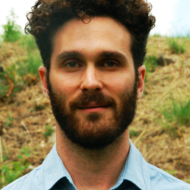December 13-15, 2016.
Co-hosted by the Writing and Society Research Centre and the Centre for Modernism Studies Australia
UNSW, Randwick (Dec 13) and Western Sydney University, Bankstown Campus (Dec 14-15)
Keynote speakers
Justin Clemens (Melbourne)
David Nowell Smith (UEA)
Meredith Martin (Princeton)
Most studies of poetry, whether historically or theoretically inclined, tend to reserve close attention for exemplary poems – works that in some way embody and make tangible the theoretical propositions or historical narrative being elaborated. The recent emergence of ‘historical poetics’ has challenged the old opposition of history and theory by focussing attention on the historicity of prosodic theories. If, as critics in this field variously assert, historical poetics can restore the historical thinking that poems do, are we destined only to restore the thinking of those poems that exemplify the claims the critic hopes to make? Might we end up looking only at the reflection of our methodological apparatus rather than at that which is particular (or historical) in the poem? The central aim of this symposium is to test the notion of historical poetics against the idea of the individual poem. We will examine how the individual poem presents challenges both for a historical understanding of poetic form and for a formalist understanding of poetry’s history.
Download the symposium program.
Post-war American Poetics
Mark Byron (Sydney): East – West Riprap: Gary Snyder’s Mountains and Rivers Without End as Alluvial History
Jennifer Crone (Sydney): ‘Passion and Form’: Louise Glück’s ‘Mock Orange’
Chris Oakey (UNSW): Ron Silliman’s ‘Albany’ and the Question of Exemplarity
Chair: Sean Pryor (UNSW)
Keynote
David Nowell Smith (UEA): The single artificer of the world / Makes nothing happen: On Historical Poetics
Chair: Ben Etherington(WSU)
Modernist Poetics
Elizabeth Pender (Sydney): Exemplarity vs. Quotation: The Limits of Close Reading
James Jiang ( Melbourne ): Historicity, Periodicity, Rhetoricity: Wallace Stevens’ Poetics of Copia
Christian Gelder (UNSW): ‘A course in mathematics would not be wasted on a poet’: William Carlos Williams’ Paterson and the Mathematical Imagination
Chair: Alix Beeston (Sydney)
Inheritances, Limits, Forms
Alys Moody (Macquarie): Ping, Or, Exemplarity at the Limits of Poetry
Toby Fitch (Sydney): The Exemplary Poem is A Fluke: Chris Edwards’ Mistranslation of Mallarmé’s Un Coup de dés
Ann Vickery (Deakin): ‘[T]hinking of time and typing’: Travel Exhaustion in Martin Johnston’s In Transit: A Sonnet Square
Chair: Hazel Smith (WSU)
Orality and Writing
Ben Etherington (WSU ): ‘The Liquid Negro Language of the South’: Claude McKay’s Exemplary Doggerel
Paul Magee (Canberra): Composing a poem someone else wrote
Sean Pryor (UNSW): We Never Had Paris: Hope Mirlees and Modernist Poetics
Chair: Meredith Martin (Princeton)
Keynote
Justin Clemens (Melbourne): First Fruits of a Barron Field
Chair: Matt McGuire (WSU)
Australian Poetics
Michael Farrell (Melbourne): Unbeautiful Relations: The Turns of ‘Waltzing Matilda’
Ivor Indyk (WSU): How Radical is Radical?
Sam Moginie (Sydney): ‘Four Heads’: Genre and the Conceptual in Australian Poetry
Chair: Kate Fagan (WSU)
Contemporary Poetics
Andrew Brooks (UNSW ): The poem as: restaurants, yoga mats, poems, former boyfriends or girlfriends, wives and husbands (and their photographs)
Holly Isemonger (WSU): Unassuming and Furtive and Stiff and Absurd: Pleasure and Genre in a Poem by Matthew Welton
Astrid Lorange (UNSW): The Exemplary Poem is the Non-Poem
Chair: Chris Conti (WSU)
Convenors and Contact
Ben Etherington (b.etherington@westernsydney.edu.au)
Sean Pryor (s.pryor@unsw.edu.au)
Related Authors
Related Posts
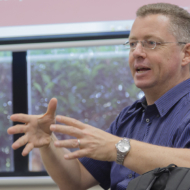
Mark Byron: East-West Riprap:
Gary Snyder’s Mountains and Rivers Without End as Alluvial History. This paper was presented in the panel ‘Post-War American Poetics’ at the Historical Poetics symposium.
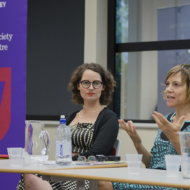
Jennifer Crone: ‘Passion and Form’:
Louise Glück’s ‘Mock Orange’. This paper was presented in the panel ‘Post-War American Poetics’ at the Historical Poetics symposium.
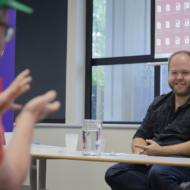
Chris Oakey: Ron Silliman’s ‘Albany’ and the Question of Exemplarity
This paper was presented in the panel ‘Post-War American Poetics’ at the Historical Poetics symposium.
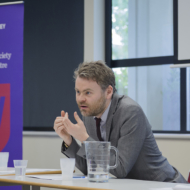
David Nowell Smith: The single artificer of the world / Makes nothing happen:
On Historical Poetics. This paper was one of the keynote presentations at the Historical Poetics symposium.
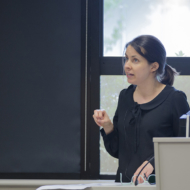
Elizabeth Pender: Exemplarity vs. Quotation:
The Limits of Close Reading. This paper was presented in the panel ‘Modernist Poetics’ at the Historical Poetics symposium.
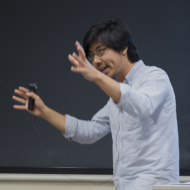
James Jiang: Historicity, Periodicity, Rhetoricity:
Wallace Stevens’ Poetics of Copia. This paper was presented in the panel ‘Modernist Poetics’ at the Historical Poetics symposium.
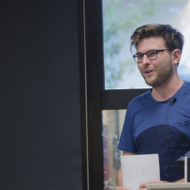
Christian Gelder: ‘A course in mathematics would not be wasted on a poet’:
William Carlos Williams’ Paterson and the Mathematical Imagination. This paper was presented in the panel ‘Modernist Poetics’ at the Historical Poetics symposium.
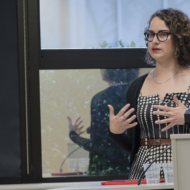
Alys Moody: Ping, Or, Exemplarity at the Limits of Poetry
This paper was presented in the panel ‘Inheritances, Limits, Forms’ at the Historical Poetics symposium.
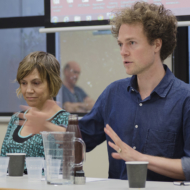
Toby Fitch: The Exemplary Poem is A Fluke:
Chris Edwards’ Mistranslation of Mallarmé’s Un Coup de dés. This paper was presented in the panel ‘Inheritances, Limits, Forms’ at the Historical Poetics symposium.
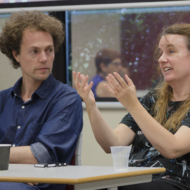
Ann Vickery: [T]hinking of time and typing:
Travel Exhaustion in Martin Johnston’s In Transit: A Sonnet Square. This paper was presented in the panel ‘Inheritances, Limits, Forms’ at the Historical Poetics symposium.
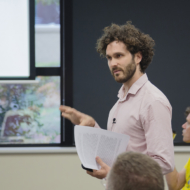
Ben Etherington: ‘The Liquid Negro Language of the South’:
Claude McKay’s Exemplary Doggerel. This paper was presented in the panel ‘Orality and Writing’ at the Historical Poetics symposium.
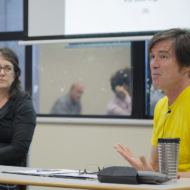
Paul Magee: Composing a poem someone else wrote
This paper was presented in the panel ‘Orality and Writing’ at the Historical Poetics symposium.
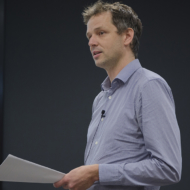
Sean Pryor: We Never Had Paris:
Hope Mirlees and Modernist Poetics. This paper was presented in the panel ‘Orality and Writing’ at the Historical Poetics symposium.
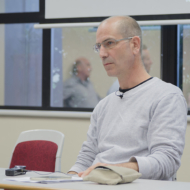
Justin Clemens: First Fruits of a Barron Field
This paper was one of the keynote presentations at the Historical Poetics symposium.
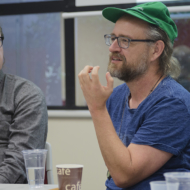
Michael Farrell: Unbeautiful Relations:
‘Waltzing Matilda’ and Colonial Poetics. This paper was presented in the panel ‘Australian Poetics’ at the Historical Poetics symposium.
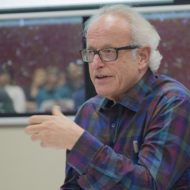
Ivor Indyk: How Radical is Radical?
This paper was presented in the panel ‘Australian Poetics’ at the Historical Poetics symposium.
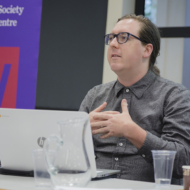
Sam Moginie: ‘Four Heads’:
Genre and the Conceptual in Australian Poetry. This paper was presented in the panel ‘Australian Poetics’ at the Historical Poetics symposium.
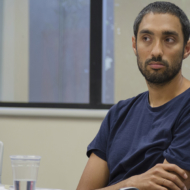
Andrew Brooks: The poem as:
restaurants, yoga mats, poems, former boyfriends or girlfriends, wives and husbands (and their photographs). This paper was presented in the panel ‘Contemporary Poetics’ at the Historical Poetics symposium.
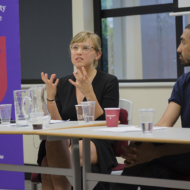
Holly Isemonger: Unassuming and Furtive and Stiff and Absurd:
Pleasure and Genre in a Poem by Matthew Welton. This paper was presented in the panel ‘Contemporary Poetics’ at the Historical Poetics symposium.
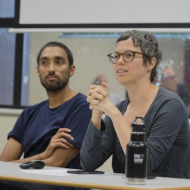
Astrid Lorange: The Exemplary Poem is the Non-Poem
This paper was presented in the panel ‘Contemporary Poetics’ at the Historical Poetics symposium.

